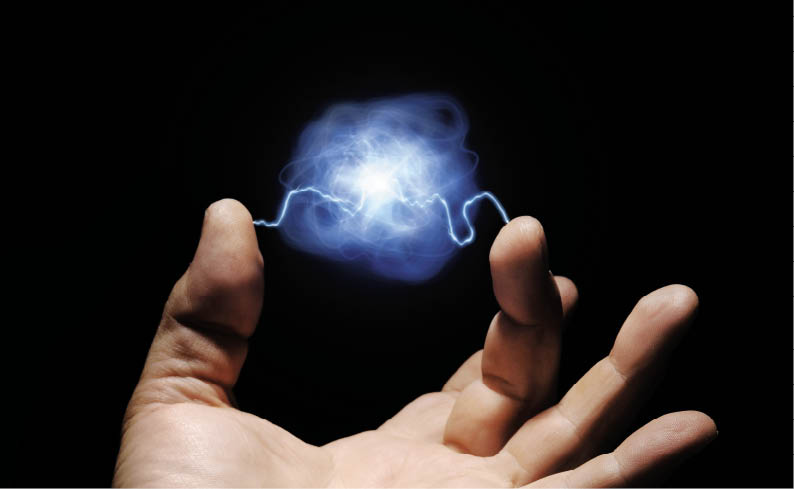The down side to smart metering

A report released by the St Vincent de Paul Society indicates that electricity bills for Victorian households could rise as much as 35%, or $263 a year, with the installation of smart meters and reassignment to a time-of-use tariff.
In the case of pensioner households, because of the higher supply charge associated with time-of-use pricing, the increase could be up to 42%, or $255 a year.
ADVERTISEMENT
In the United Kingdom, the consumer action group Which? says smart meters that automatically send details of gas and electricity use to the supplier will save households the equivalent of just $2.75 a year.
This adds up to annual savings of $70.73 million, compared with $590 million for the energy industry.
“Under government plans to install smart meters in every home by 2020, it is hard-pressed customers who are being asked to foot the $21 billion bill for the national rollout through even higher gas and electricity charges,” the group says.
“But it is the power firms – British Gas, Npower, Eon, Scottish Power, Scottish & Southern and EDF Energy – that will benefit the most from smart meters, through no longer having to read meters or deal with billing disputes.”
Which? warns that smart meters will not automatically mean lower bills. Although they will result in more accurate bills, they will not provide the information people need for managing energy use and cutting costs.
The group says this information will be available to consumers only if portable wireless energy monitors are rolled out alongside smart meters.
Energy campaigner Dr Fiona Cochrane is sceptical.
“We don’t see how the government can justify asking consumers to pay for something that will save energy companies hundreds of millions a year, while the average household will make only minimal savings.
“Consumers can only benefit from a smart meter if it comes with a portable energy monitor so they can understand their energy use and potentially save money.
“2020 is a long way off. What people need now are simpler bills, simpler tariffs and greater transparency in the energy markets.”
Also see:
Smart meters and the smart grid
How will the smart grid work?
The role of the connected home on smart metering
Smart meter FAQs
-
ADVERTISEMENT
-
ADVERTISEMENT

